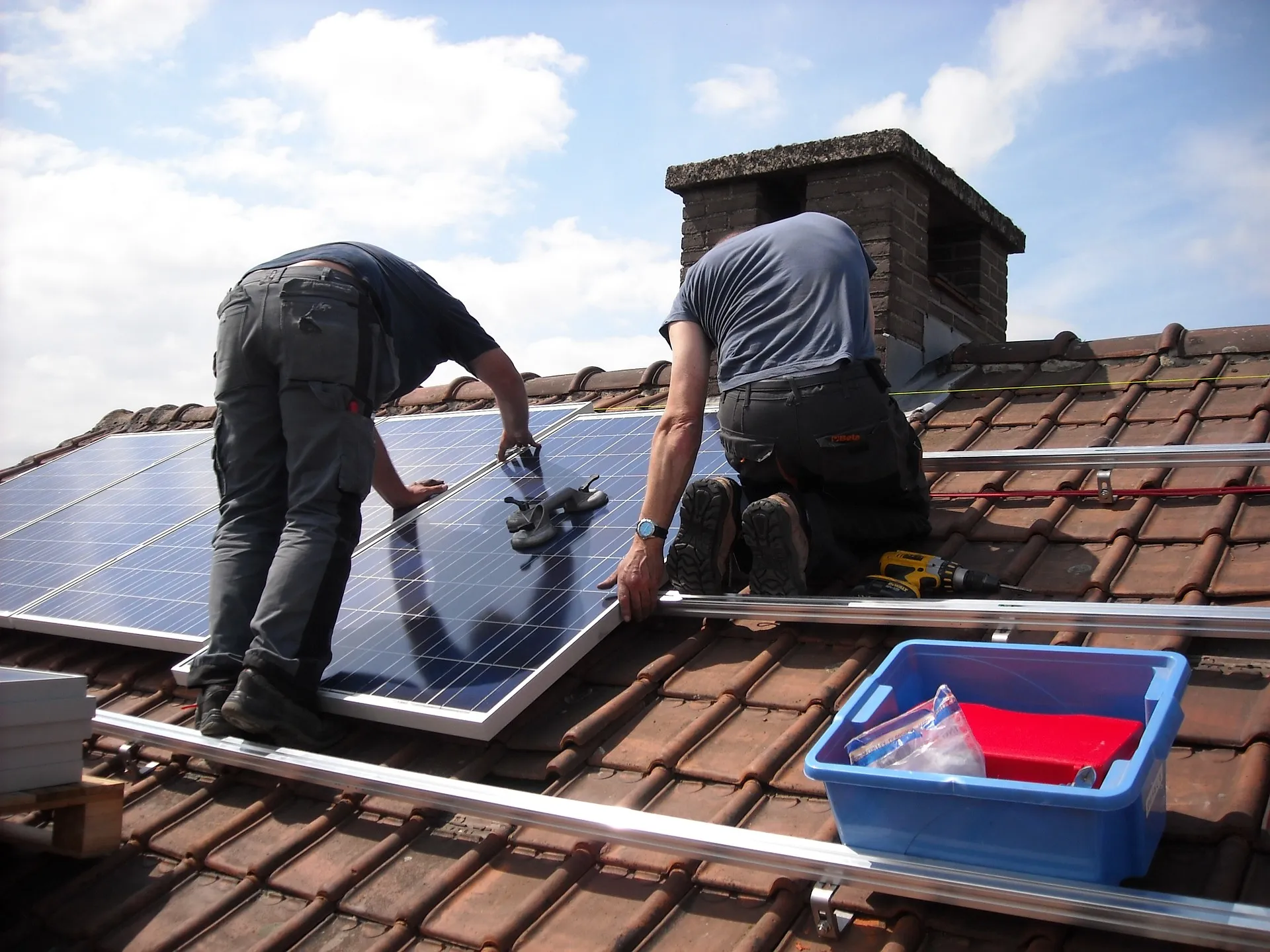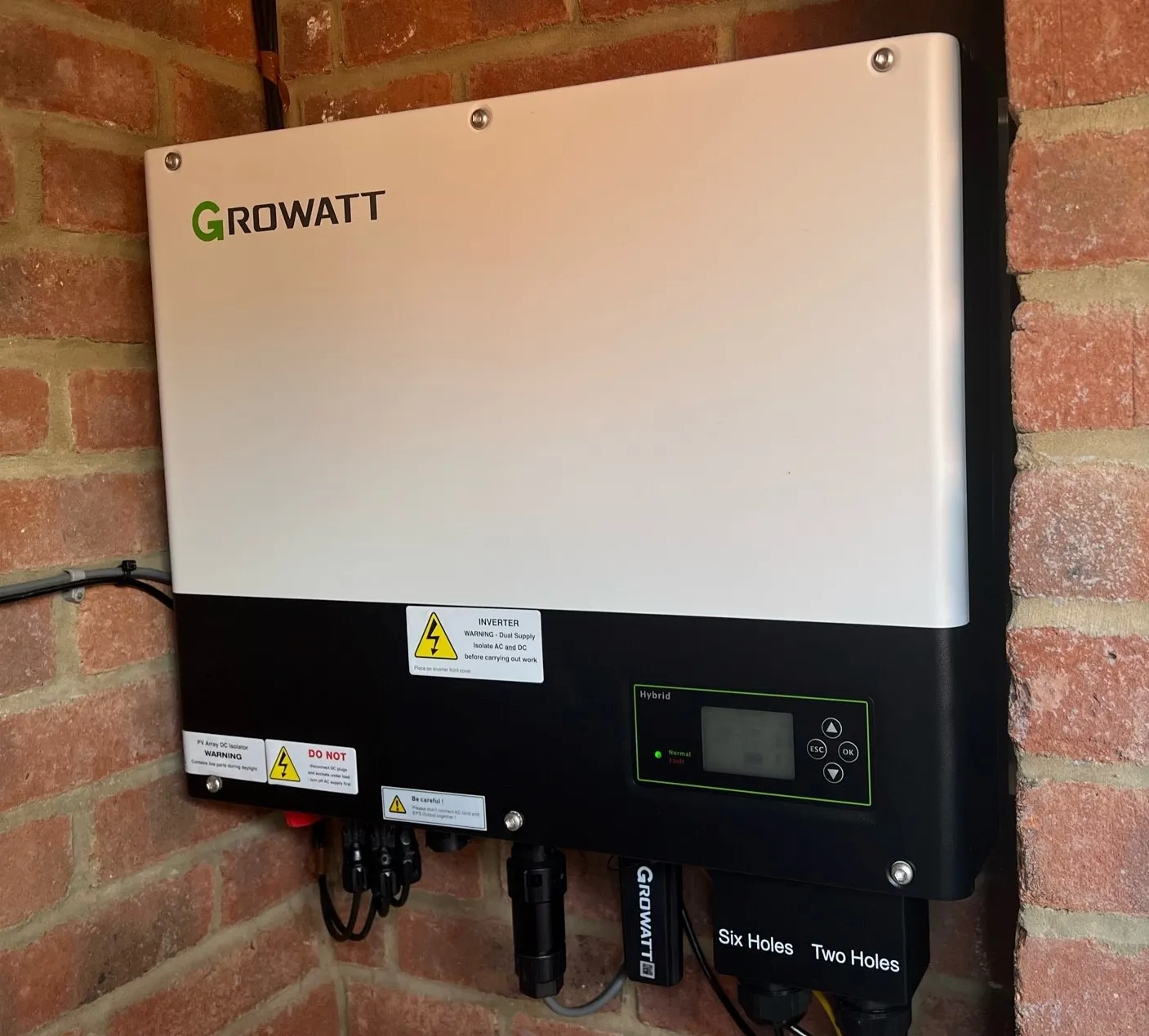
Here comes the Sun! Solar power is on the rise
For Hart resident Peter Lord, solar panels bring freedom from ‘tumble-dryer anxiety’.
It’s a familiar feeling for millions in the UK. Rain is forecast. You want to tumble-dry your washing, but it’s bad for the environment and electricity costs a fortune.
“Now we’re getting power from our solar panels we don’t need to think twice about using the tumble-dryer,” says Peter.

Peter and wife Claire found a competitively priced installer through group-buying scheme Solar Together and had 12 panels, a battery and the supporting system installed at their modern end-of-terrace, three-storey townhouse in mid-February 2023.
Installation took about three days and included erecting scaffolding, securing panels to the roof and installing equipment on the ground floor. The latter included a battery, a junction box and a device to convert direct current from the solar panels to alternating current for use in the home.
The supplier estimated the system would generate about 3,000 kWh of electricity over a typical year. From February to August 2023, it produced a daily average of 12 kWh – enough to run a 750W tumble-dryer for about 16 hours every day.
How the system works
-
Electricity from the panels goes first to power any appliances you are running
-
If there’s anything left over, it tops up your battery
-
Once the battery is full, any spare electricity from your panels is sold to the National Grid
In summer, the Lords sell more electricity back to the grid than they buy. An app tells them how much they have taken from the grid each day and how much, if anything, they have exported.
With six panels on a north-facing roof, the couple worried they would be less effective than the six that face south.
But that hasn’t been the case. “We’ve found you don’t need strong sunshine to generate electricity, just good levels of light,” says Peter.
To avoid drawing power from the grid, they try to use one appliance at a time, and in daylight hours if possible.
That saves them money and reduces evening demand on the grid.
“So we’re doing our little bit to reduce the need for peak-time generation of ‘dirty’ electricity from sources such as coal,” says Peter.
What are the savings?
-
The Lords estimate they’ll save 60% to 70% on their previous annual electricity bill
-
And, over a 25-year period, save at least double what they paid for the installation
Learn more about getting solar panels
-
If you are considering installing solar panels on a residential property, Hart District Council has put together a technical advice note to help you.
-
The Energy Saving Trust has more information about the benefits of solar panels and how they work.
-
The Lords found an installer through Solar Together.


